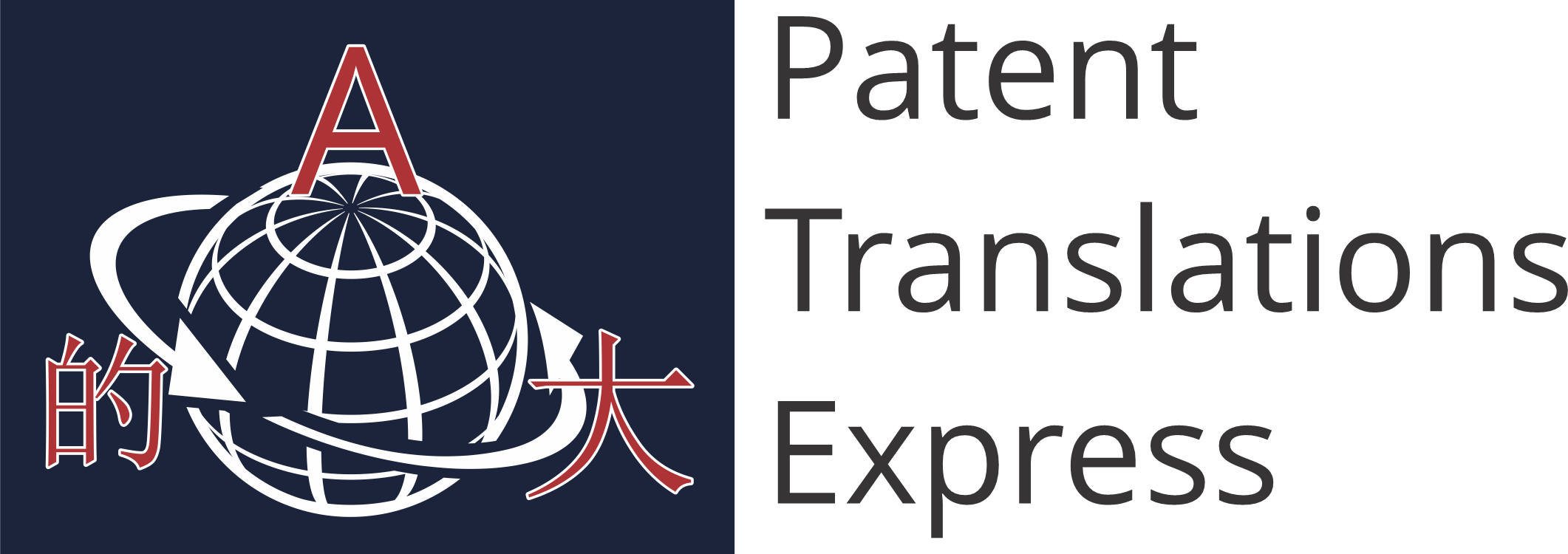Introduction: Safeguarding Intellectual Property Across Borders
In today’s global economy, protecting intellectual property (IP) is essential for businesses seeking to expand their reach and secure market exclusivity. Patents play a significant role in safeguarding innovative inventions, granting exclusive rights to inventors. However, when seeking patent protection in multiple countries, accurate patent translation becomes paramount to ensure legal compliance and effective communication of the patented technology.
1. The Challenges of Patent Translation
Translating patent documents is a complex task that requires expertise in both patent law and language proficiency. Several challenges make patent translation a specialized field:
- Technical and Scientific Terminology: Patents often involve intricate technical and scientific concepts. Translators must possess a deep understanding of the subject matter to accurately convey the meaning and nuances of the invention.
- Legal and Regulatory Requirements: Different countries have specific legal and regulatory requirements for patent applications. Translators must be well-versed in these requirements to ensure compliance and avoid potential legal pitfalls.
- Accuracy and Consistency: Patent translations must be highly accurate and consistent to maintain the integrity of the original document. Any errors or inconsistencies can lead to misunderstandings, misinterpretations, and potential challenges during the patent examination process.
- Cultural and Linguistic Nuances: Patents filed in different countries often require adaptation to local cultural and linguistic nuances. Translators need to be familiar with the target language and culture to ensure the translated document is tailored to the specific jurisdiction.
2. Legal Requirements for Patent Translation
Many countries have specific legal requirements for patent translations. Some jurisdictions require translations of the entire patent document, while others focus on specific sections such as claims, descriptions, or abstracts. Failure to meet these requirements can result in rejection or invalidation of the patent application.
Additionally, some countries mandate that translations be performed by certified translators or authorized translation agencies to ensure the accuracy and reliability of the translated content. It is essential to understand the specific legal requirements of each target jurisdiction to ensure compliance.
3. Benefits of Professional Patent Translation Services
To overcome the challenges and meet the legal requirements of patent translation, engaging professional translation services specializing in patents is highly recommended. Here are some key benefits of using professional patent translation services:
- Expertise in Patent Law and Technical Terminology: Professional translators with expertise in patent law and technical domains can accurately translate complex patent documents. They possess the necessary knowledge to understand and convey the intricacies of the invention, ensuring precision and clarity in the translated content.
- Language Proficiency and Cultural Adaptation: Professional translators are proficient in both the source and target languages, allowing them to capture the intended meaning of the original patent document while adapting it to the cultural and linguistic nuances of the target jurisdiction.
- Quality Assurance and Consistency: Professional translation agencies have stringent quality assurance processes in place. They employ experienced translators, editors, and proofreaders who work collaboratively to ensure accuracy, consistency, and adherence to the legal requirements of patent translation.
- Efficiency and Timeliness: Professional translation services can streamline the patent translation process, ensuring efficient turnaround times without compromising on quality. They have the resources and expertise to handle large volumes of patent documents within strict deadlines.
- Confidentiality and Data Security: Professional translation agencies prioritize confidentiality and data security. They employ strict protocols to protect the sensitive information contained in patent documents, safeguarding the intellectual property of their clients.
Conclusion: Ensuring Global Protection through Accurate Patent Translation
Accurate patent translation is vital for businesses seeking global protection of their intellectual property. By overcoming the challenges of technical terminology, legal requirements, and cultural nuances, professional patent translation services ensure precise and effective translations. By leveraging their expertise, businesses can navigate the complexities of international patent filing, comply with legal requirements, and maximize the value of their patents on a global scale.

